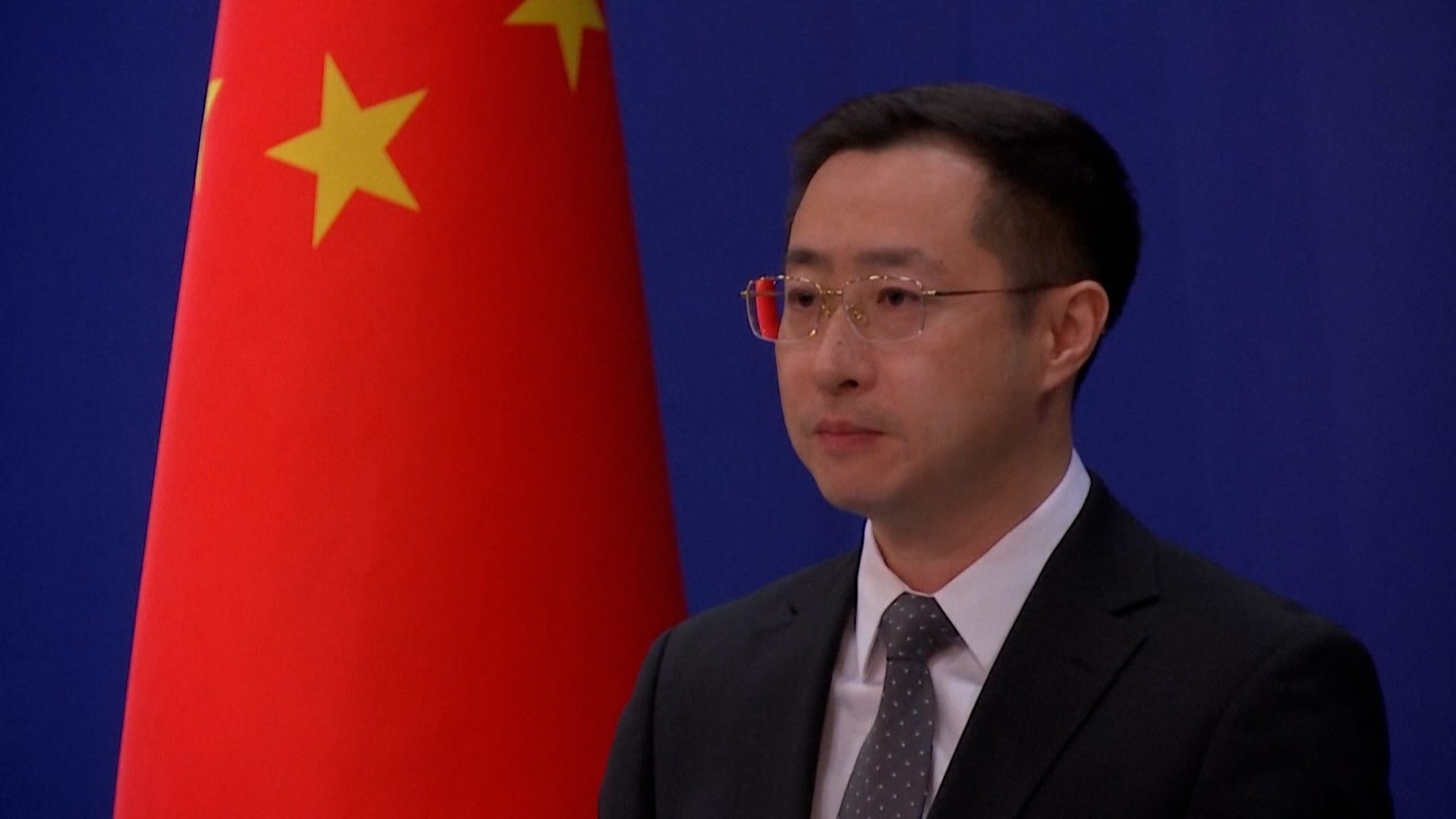Trump tariffs appear aimed at closing the trade deficit. Experts are skeptical it'll work

President Donald Trump’s decision to impose broad tariffs on nearly all of the country’s trading partners appears to be an attempt to address his longtime dissatisfaction with the U.S. trade deficit.
In February, the overall U.S. trade deficit was $122.7 billion, down $8 billion from January when it was at a record high, according to the U.S. Bureau of Economic Analysis and the U.S. Census Bureau. The deficit fluctuates but has grown over the last several decades.
“We have deficits with almost every country, not every country, but almost, and we’re going to change it,” Trump told reporters earlier this year. “It’s been unfair.”
Christopher Barnes, president of the market research firm Escalent, said Americans generally have a limited understanding of trade deficits, but 57% believe they are not inherently unfair, according to a YouGov survey last week.
But what exactly is a trade deficit?
What is a trade deficit?
An overall trade deficit occurs when the monetary value of a country’s imports exceeds that of its exports. Trump’s tariffs appear focused on balancing or even reversing the country’s overall trade deficit by addressing U.S. deficits with individual countries.
Also referred to as a negative balance of trade, it can be calculated for goods, services, and international transactions.
A trade deficit can emerge when a country becomes an ideal destination for foreign investment. The U.S. dollar’s role as the global reserve currency creates a strong demand for dollars, prompting other countries to export goods for Americans to purchase so they can acquire more U.S. bills.
On a micro-level, Bankrate Financial Analyst Stephen Katessaid the trade deficit does not affect Americans individually, but imports allow them to buy things that aren't produced in the U.S., like coffee.
Is a trade deficit a good or bad thing?
Trade deficits are not inherently good nor bad.
On the one hand, they allow a country to consume more than it produces and buy things that it may lack the resources to produce. Buying imported goods can be cheaper than buying products made at home due to higher wages and bills for necessities like electricity in the U.S.
Importing goods can also help address the problem that there are some jobs American workers generally do not want to do. Kates gave the example of picking berries in a field or assembling shoes in a factory.
“Deficits themselves are not unfair,” Barnes said. “There are just things that developed economies are going to buy from lesser developed economies.”
On the other hand, trade deficits in the long run can lead to the offshoring of jobs and a dependence on foreign markets for certain goods and services. Kates said there are some narrow instances where reliance on foreign markets can cause problems related to national security or the country's ability to respond to a crisis like the COVID pandemic.
"When it comes to the pandemic, we certainly could have used a lot more N95 masks, ventilators, materials to make pharmaceuticals... We weren't able to get them and that was a problem," Kates said. "But tariffs on avocados are not going to make us safer as a country."
How will tariffs affect the trade deficit?
Kates said in the short run, Trump's tariffs will likely not bring down the overall trade deficit in a significant way. Instead, he said, Americans will pay higher prices on essential items like groceries and they may decide to spend less on nonessential items.
"Is it going to change the deficit? I think in the near term, no. In the long term, maybe," Kates said. "Next month or next year, I'm not sure it'll have any meaningful difference because I think the American public will just have to eat it."
Barnes said he doesn’t think Trump’s tariffs will bring jobs on a large scale back to the U.S. anytime soon as that would require a deliberate plan to build factories, find available workers, and give them proper training. However, he said there are some small victories that could result from the tariffs.
Barnes listed three goals he thinks Trump might be hoping to achieve: bringing back some jobs to the U.S., securing revenue from the tariffs to offset his administration’s tax cuts, and knocking down some of the largest unfair trade barriers.
“Are they achievable is a different question because if you get the jobs, you don’t get the revenue. You can’t have both,” Barnes said.
Reach Rachel Barber at rbarber@usatoday.com and follow her on X @rachelbarber_